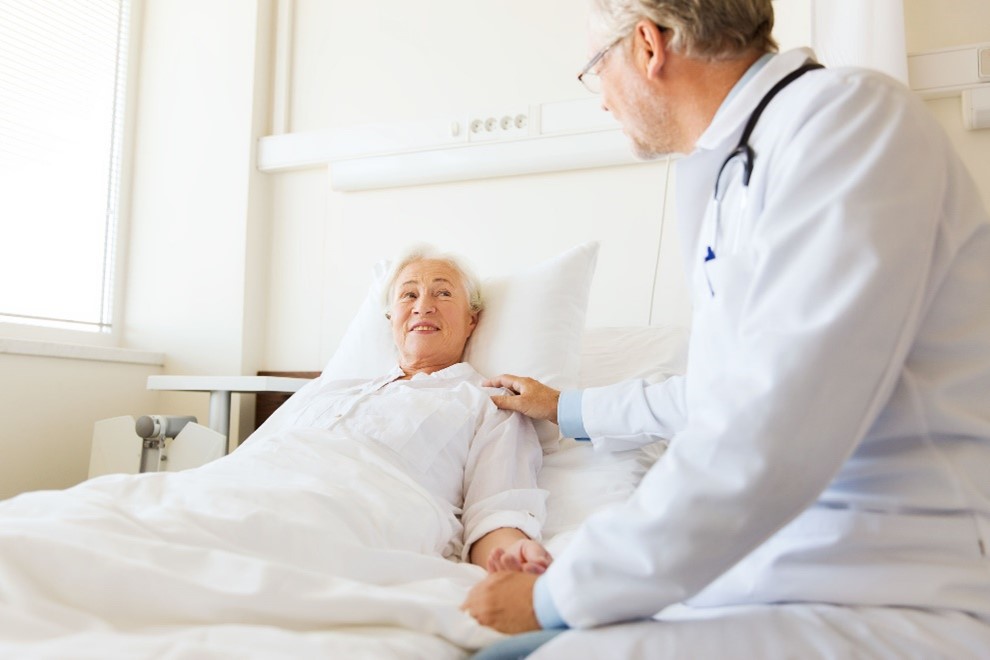
How Cancer Treatments and Recovery Differ for Elderly Patients
Cancer affects more than 18 million people worldwide, making it one of the leading causes of death. It can develop in people of any age, race, gender and ethnicity, and is generally higher in countries with the highest life expectancy and standard of living. While cancer is prevalent across the globe, it is treatable.
Cancer treatment can help patients of any age but recovering from cancer as an older adult can be more difficult with age. To help you make the right treatment decision, it is essential to understand the treatments available and how they will affect your body.
Common Types of Cancer Treatment and Its Effects on Older Adults
Treatment options differ depending on the type of cancer you have, but the three most common treatments are:
- Surgery. Surgery has risks at any age, but those risks increase for older patients, especially those with heart, kidney, liver and lung conditions. As we age, our body has more difficulty processing drugs and fluids during surgery and tolerating blood pressure changes that can happen during surgery. The upside of surgery is it’s often a one-time treatment and quicker recovery time. If you choose to get surgery, talk to your doctor about your needs after surgery. It may be helpful to hire an at-home caregiver to help you around the house until you’re healthy enough to take care of yourself.
- Chemotherapy is often a long-term treatment option. In many patients, chemotherapy causes physical weakness, which can be more draining for older adults. Since chemotherapy happens over weeks or months, you may want to consider how physical weakness will impact your day-to-day life. Before starting chemotherapy, share any medications with your doctor, including non-prescription vitamins and supplements. Drugs may affect the success of the chemotherapy or may cause additional side effects.
- Radiation Therapy. Radiation therapy may be a stand-alone treatment or may be given with surgery and chemotherapy. Like chemotherapy, radiation therapy is an ongoing treatment and can be administered every few days to a few weeks. Older adults tend to do well with radiation therapy, but it may cause side effects depending on cancer type and severity.
What to Consider When Deciding on Treatment
When deciding on cancer treatment, there are a few things to consider before making your choice.
- What type of cancer do you have, and where has it spread? Doctors can treat some cancers more easily than others. Talk to your doctor about the kind of cancer you have and the chances of recovery after treatment. You should also consider if cancer has spread or not when deciding on treatment. Cancer that has spread is often more challenging to treat and may need more invasive or reoccurring treatment.
- Do you have any other medical conditions? Some conditions, especially heart-related ones, can put you at an increased risk for treatment complications. Make sure your doctor knows of any existing medical conditions that may affect the success of your treatment.
- How will your quality of life be like with treatment and without treatment? Talk to your doctor about expectations for the quality of life with and without treatment. In some cases, treatment may eliminate cancer but significantly reduce your quality of life or put you at risk for complications. In other cases, treatment may focus on managing your symptoms and help you live with minimal discomfort.
- What are your cancer treatment goals? For some, the purpose of cancer treatment may not be to become cancer-free. It may be to slow or stop the spreading of cancer, maintain independence, improve physical or mental health, or manage symptoms. Be clear with your doctor about your treatment goals and discuss realistic outcomes with your doctor.
How Visiting Angels Can Help
If you or a loved one live with cancer and need assistance, the team at Visiting Angels Manassas can help. Our compassionate caregivers help clients maintain their independence by helping with light housekeeping, personal grooming, toileting, meal preparation, transportation, medication reminders and more. Our Manassas office serves those in Prince William and Western Fairfax counties, including Fort Belvoir and Lorton. If you’d like to schedule a free consultation, give us a call at 703.530.8811.
